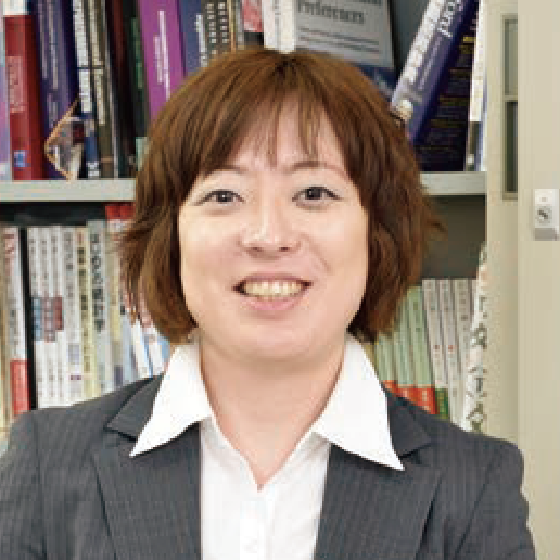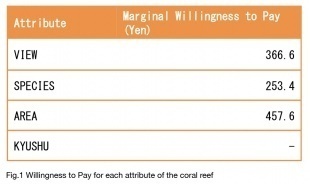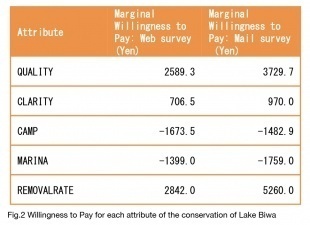Faculty of Environmental and Information Sciences
Department of Management and Information Sciences
- Key words
- Non-market valuation, Economic evaluation of environmental goods and tourism

Ph.D. Economics / Associate professor
Yumi Yoshida
Education
Graduate School of Economics, Kobe University
Professional Background
Division of Natural Resource Economics, Graduate School of Agriculture, Kyoto University, PD Researcher,
Graduate School of Environmental Science, Tohoku University, Assistant Professor
Consultations, Lectures, and Collaborative Research Themes
Non-market valuation, Economic evaluation of environmental goods and tourism
Main research themes and their characteristics
「Economic evaluation of coral reefs in Okinawa, in Japan」

Due to the progress of global warming, the survival of marine ecosystems is endangered. Especially, coral reefs in Okinawa are seriously bleached and killed. According to the Ministry of the Environment, due to the ongoing bleaching phenomenon at Sekisei Lagoon (the largest coral reef in Japan) in Okinawa Prefecture, bleached corals accounted for 97% and dying 56%.
However, it cannot be said that the efforts of the Convention have been sufficiently permeated in Japan at present, and it is hard to assume that the economic evaluation of the value of marine biodiversity represented by coral reefs is also progressing.
Therefore, the purpose of this research is to clarify more prefer policies for Japanese people. As a result of the analysis, the government should protect the area, the view, and species of coral reefs. Also, if governments conserve coral reefs by taxes or funds, they should implement policies for high-income people.
「Preference Analysis of People for Environmental Conservation Policy to Lake Biwa, in Japan」

We worked on economic evaluation of Lake Biwa environmental conservation policy. Lake Biwa is a lake with multifaceted attributes. The first is the attribute of providing safe drinking water to the surrounding residents, and the second is the attribute of providing leisure facilities for camping and marina to residents and tourists. And the third is the attribute as a treasure trove of the ecosystem that breeds various endemic species. Until now, various conservation policies have been implemented for lakes with such multifaceted attributes. Therefore, this study investigates that consumer’s preference of environmental conservation policy on the Lake Biwa in Japan, using a conjoint analysis. We find if water clarity, water quality, and ratio of getting rid of foreign fish species are improved, consumer’s utility increases, while if facility of campsite and marina are improved, consumer’s utility does not increase. These means that policy maker have to effort improving of water clarity, water quality, and getting rid of foreign fish species because consumer preference increase.
Major academic publications
Yumi Yoshida, Kenta Tanaka, Shunsuke Managi, Which dynamic pricing rule is most preferred by consumers?—Application of choice experiment, Journal of Economic Structures, 6 - 4, 2017.
KoheiImamura, Kohei TakenakaTakano, Naoki H.Kumagai, Yumi Yoshida, HiroyaYamano, Masahiko Fujii, Tohru Nakashizuka, Shunsuke Managi, Valuation of coral reefs in Japan: Willingness to pay for conservation and the effect of information, Ecosystem Services, Volume 46, December, 2020.
Takeshi Iida, Tomomichi Mizuno, Yumi Yoshida, Environmental Tax Burden in a Vertical Relationship with Pollution abatement R&D Journal of Management and Sustainability, 2014.
Yumi Yoshida, Kenji Takeuchi, Masanobu Ishikawa, Risa Kojima,
Too Cheap to Eat: The Signaling Effect of Price on Food Safety, International Journal of Economic Policy Studies, 2009.
